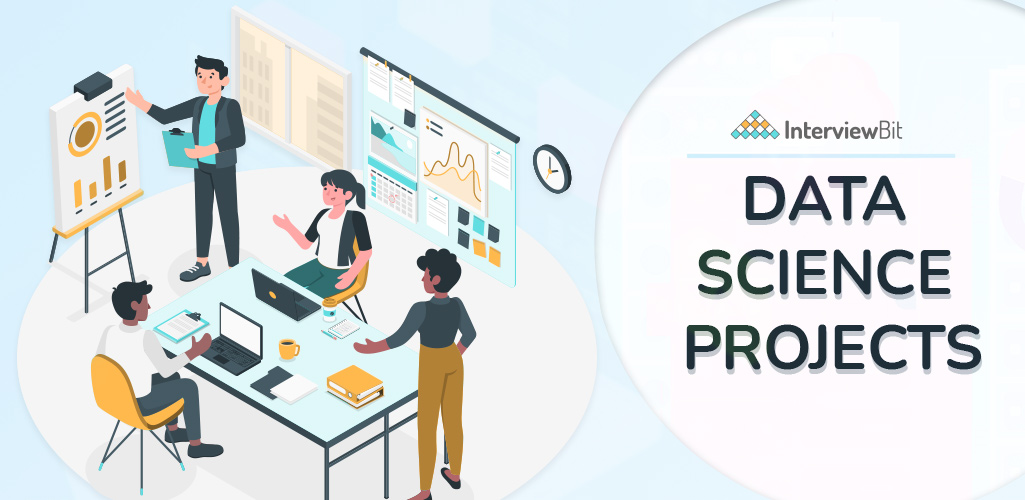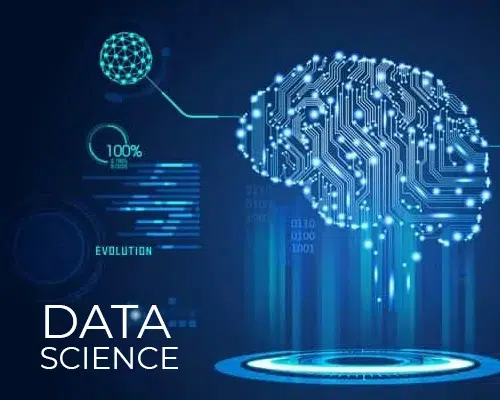Data Science & Business Intelligence
Understanding tools, cloud computing, and real-world use cases
What is Business Intelligence?
Business intelligence (BI) refers to technology that enables **data preparation, data mining, data management, and data visualization**. BI tools allow organizations to extract **actionable insights** from raw data, facilitating data-driven decision-making.
Unlike data science, which focuses on **predictive analytics**, BI is more **descriptive**, helping organizations understand past trends to inform future actions.
Data Science Tools
Data scientists rely on programming languages to perform **exploratory data analysis** and **statistical modeling**. Popular tools include:
Programming Languages
- R Studio: Open-source programming environment for statistical computing.
- Python: Versatile language with libraries like NumPy, Pandas, and Matplotlib for data analysis.
Collaboration & Code Sharing
- **GitHub & Jupyter Notebooks:** Used for version control and interactive data analysis.
Enterprise-Level Statistical Tools
- SAS: Comprehensive suite for data mining and predictive modeling.
- IBM SPSS: Advanced statistical analysis tool with machine learning capabilities.
Big Data Processing & Visualization
- Big Data Platforms: Apache Spark, Hadoop, NoSQL databases.
- Visualization Tools: Tableau, IBM Cognos, D3.js (JavaScript library), Microsoft Excel.
Machine Learning Frameworks
- PyTorch, TensorFlow, MXNet, Spark MLlib.
Data Science & Cloud Computing
Cloud computing enhances **data science scalability** by providing access to additional processing power and storage.
Key Benefits
- **Scalability:** On-demand storage and processing power.
- **Cost-Efficiency:** Pricing models include pay-as-you-go or subscription-based options.
- **Flexibility:** Cloud-based data lakes enable efficient large-scale data processing.
- **Automation:** AI-driven cloud solutions support machine learning without extensive coding.
Common Cloud Solutions
- IBM Cloud
- Amazon Web Services (AWS)
- Microsoft Azure
- Google Cloud Platform
Data Science Use Cases
Data science is widely used across industries to optimize processes and improve decision-making.
Real-World Applications
- **Banking & Finance:** AI-powered credit risk models enhance loan services.
- **Autonomous Vehicles:** 3D-printed sensors use machine learning for real-time object detection.
- **Healthcare:** AI-driven platforms predict patient risks and suggest personalized treatments.
- **Retail & Media:** Audience analytics tools track consumer behavior across digital channels.
- **Crime Prevention:** Statistical incident analysis helps law enforcement allocate resources efficiently.
The Role of Citizen Data Scientists
With the growing need for **data-driven decision-making**, many companies now rely on **multipersona DSML platforms** to empower non-technical users.
What Are DSML Platforms?
These platforms enable professionals with minimal data science expertise to leverage **machine learning** and **AI automation** using self-service tools.
Key Features of DSML Platforms
- **No-code/low-code interfaces** for business users.
- **Collaboration features** for cross-functional teams.
- **Automated machine learning (AutoML)** to streamline model building.
- **Cloud integration** for scalability.
Final Thoughts
Business Intelligence and Data Science complement each other in modern organizations. **BI focuses on historical data**, while **data science drives predictive insights** through machine learning.
With **cloud computing, advanced AI models, and user-friendly DSML platforms**, businesses are accelerating their **data-driven transformations** and unlocking **new growth opportunities**.



